Jane Austen, Virginia Woolf And Worldly Realism
Austen and woolf are materialists, this book argues. 'Things' in their novels give us entry into some of the most contentious issues of the day. This wholly materialist understanding produces worldly realism, an experimental writing practice which asserts egalitarian continuity between people, things and the physical world. This radical redistribution of the importance of material objects and biological existence, challenges the traditional idealist hierarchy of mind over matter that has justified gender, class and race subordination. Entering their writing careers at the critical moments of the french revolution and the first world war respectively, and sharing a political inheritance of scottish enlightenment scepticism, austen's and woolf's rigorous critiques of the dangers of mental vision unchecked by facts is more timely than ever in the current world dominated by fundamentalist neo-liberal, religious and nationalist belief systems.
{{comment.content}}
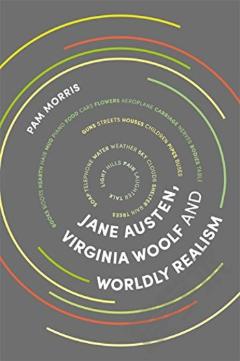
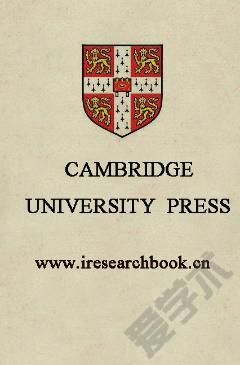

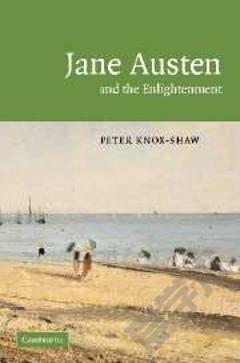
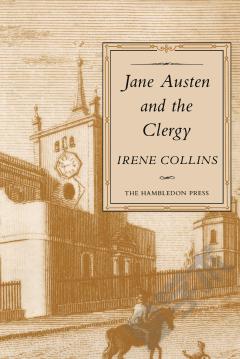

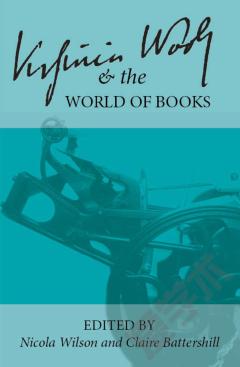

 京公网安备 11010802027623号
京公网安备 11010802027623号